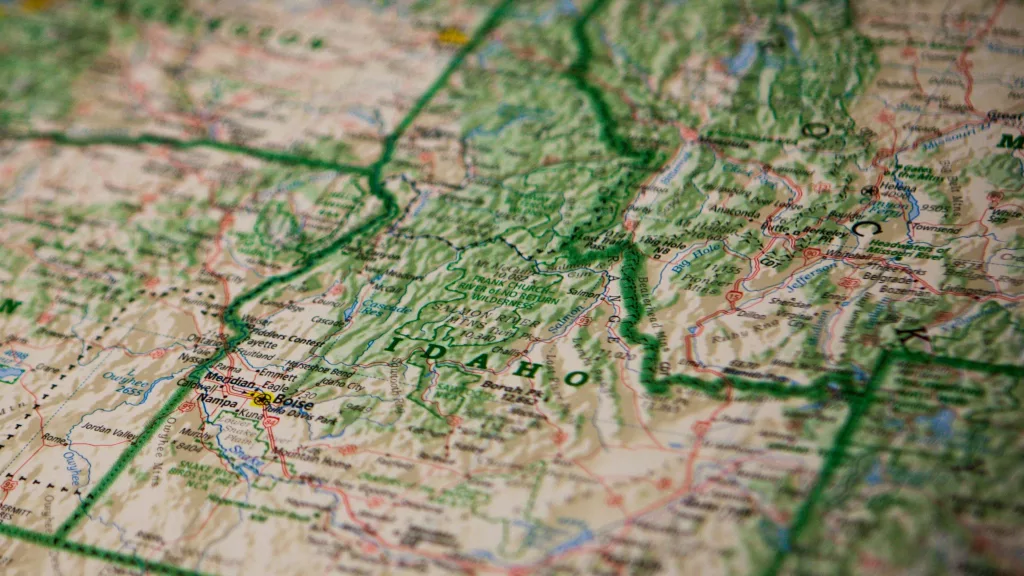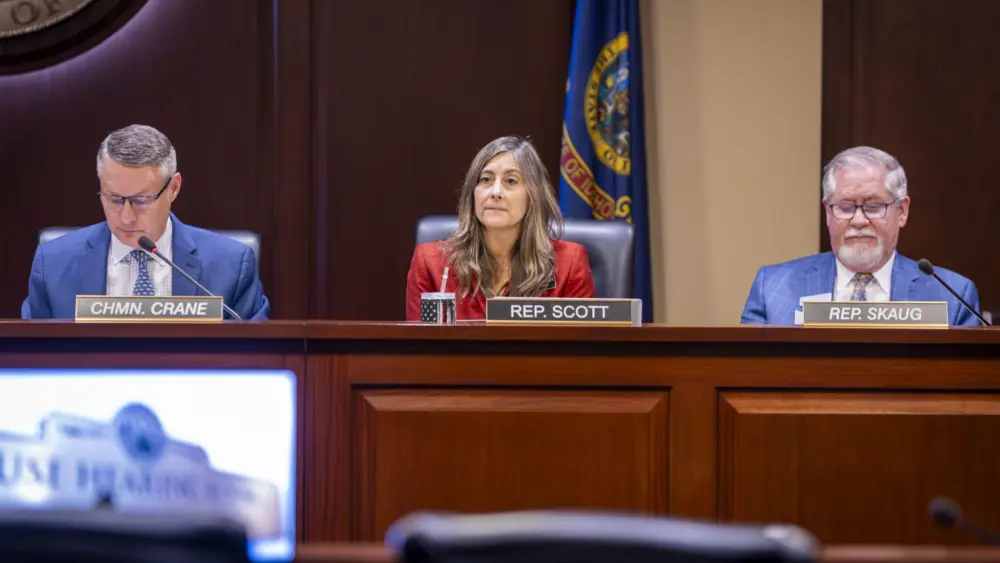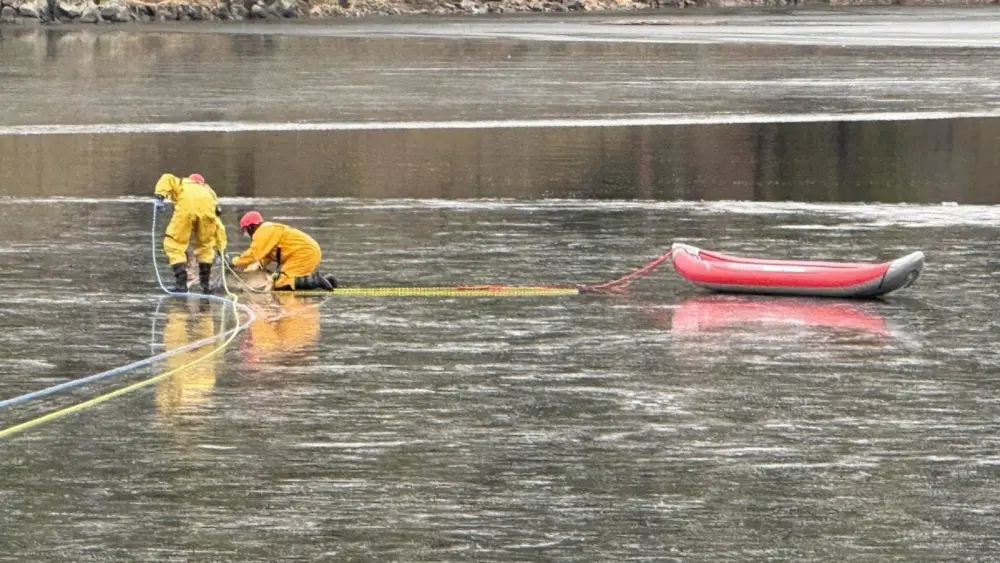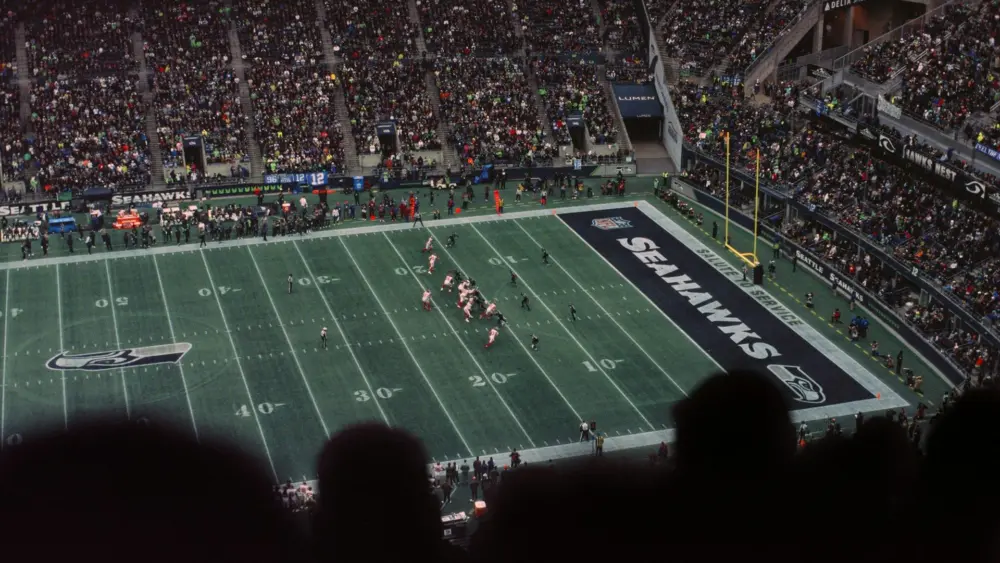LEWISTON, ID – A new WalletHub report ranked Washington as the 36th best state to live in this year, with Idaho landing second overall due to affordability and law enforcement staffing per capita.
Much of the West Coast fell below the bottom half of the charts, with California at 32nd and Oregon at 39th on the list. WalletHub Analyst Chip Lupo told The Center Square that rapid growth in Seattle and other cities a few decades ago outpaced the development of infrastructure, creating several issues.
The lack of infrastructure, paired with booming population growth, makes it challenging to manage crime, affordability and the availability of services. Washington boasts a strong economy, but the state also faces a ballooning budget and the lowest number of law enforcement officers per capita nationwide.
“Washington lags behind Idaho,” Lupo said, “primarily because of its higher cost of living, poor housing affordability, higher property taxes, higher crime rates, fewer law enforcement employees per capita, more traffic congestion, lower road quality and lower rankings in education and some health metrics.”
WalletHub compared all 50 states based on 51 “indicators of liability,” each falling under five pillars: affordability, economy, education and health, quality of life, and safety. Each pillar is worth 20 points, with the indicators weighted differently because some areas include more benchmarks than others.
Idaho and Washington both rank high regarding income growth, first and fourth on the list, but what’s setting the Evergreen State behind is falling in dead last for safety and 36th in terms of affordability.
Meanwhile, Idaho ranks fourth when it comes to safety and 11th when it comes to affordability. Lupo attributed that to low taxes, enforcing the rule of law, housing affordability and better infrastructure.
The report says Washington has the highest crime rate, behind Louisiana, Colorado, and New Mexico.
“That was a big thing five or six years ago, this nationwide campaign to defund the police,” Lupo said, “and Seattle, unfortunately, was front and center in that … there’s a lot of work to be done.”
He said to boost Washington’s safety ranking, “it starts and ends with” hiring more law enforcement and “giving them the leeway to do their jobs.” Like other states, Washington has struggled to bolster staffing levels, but Lupo thinks it’s due to a combination of funding and political pressures on officers.
The democratic majority in Washington often cites the state’s “regressive” tax structure when raising the cost of living to fill revenue shortfalls. Lupo said that’s a valid argument, but the real question is how much of that additional revenue is going toward servicing debt, rather than inflating spending.
WalletHub also recently ranked the greater Seattle area as the worst in terms of inflation nationwide.
He suggested freezing spending on certain programs, eliminating redundant or obsolete services and implementing a local government efficiency effort. Lupo said tax cuts won’t get it done, but if the state freezes its current spending level and eliminates waste, it may identify a surplus without raising taxes.
“There’s no budget on the face of earth that can’t be cut and adjusted somewhere,” he said.





